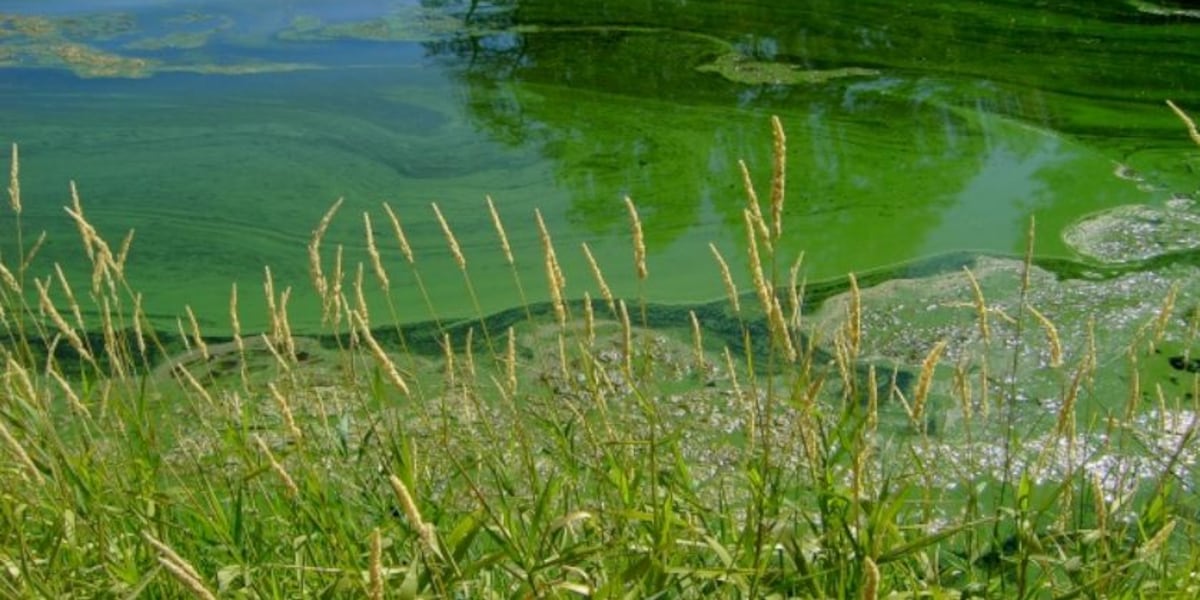Bluestem Lake Health Warning: Toxic Algae Bloom Detected in Lancaster County

Urgent Health Alert for Bluestem Lake: Residents and visitors to Bluestem Lake in Lancaster County are being urged to exercise extreme caution after a health alert was issued due to the presence of Harmful Algal Blooms (HABs), commonly known as toxic blue-green algae. The alert, issued by the state's environmental authorities, highlights a potential risk to public health and the environment.
What are Harmful Algal Blooms (HABs)? HABs are a natural occurrence, but certain conditions – including warm temperatures, excessive nutrients (like phosphorus and nitrogen from agricultural runoff or sewage), and stagnant water – can trigger rapid growth, leading to blooms. These blooms can produce toxins that are harmful to humans, pets, and wildlife.
Potential Health Risks: Contact with water containing HABs can cause a range of health problems. For humans, these can include skin irritation, eye irritation, respiratory problems (if toxins become airborne), nausea, vomiting, diarrhea, and allergic reactions. Pets are particularly vulnerable, as they are more likely to drink the water. In severe cases, HAB toxins can be fatal to animals.
What to Do (and What Not to Do):
- Avoid contact with the water: Do not swim, wade, fish, or boat in Bluestem Lake until further notice.
- Keep pets away: Prevent your pets from drinking or swimming in the lake.
- Do not drink the water: Even water that appears clear should not be consumed. Boiling does not remove the toxins.
- Report any illnesses: If you or your pet experience any health problems after contact with Bluestem Lake, seek medical or veterinary attention immediately and inform your doctor/vet about the potential exposure to HABs.
- Be aware of discoloured water: Look for unusual discolouration, scum, or surface mats on the water.
Ongoing Monitoring and Updates: State environmental officials are actively monitoring Bluestem Lake and surrounding water bodies for HABs. Regular water samples are being collected and tested to determine the presence and concentration of toxins. The public will be kept informed of any changes to the health alert status. Check the state environmental agency website for the latest updates and advisories.
Protecting Our Waterways: Preventing HABs requires a collective effort. Reducing nutrient runoff from agricultural lands and improving wastewater treatment are crucial steps in protecting our waterways. Residents can also contribute by using fertilizers responsibly and properly disposing of pet waste.
Stay Safe and Informed: Your health and safety are paramount. Please heed this health alert and take the necessary precautions to protect yourself and your loved ones. We will continue to provide updates as the situation evolves.





